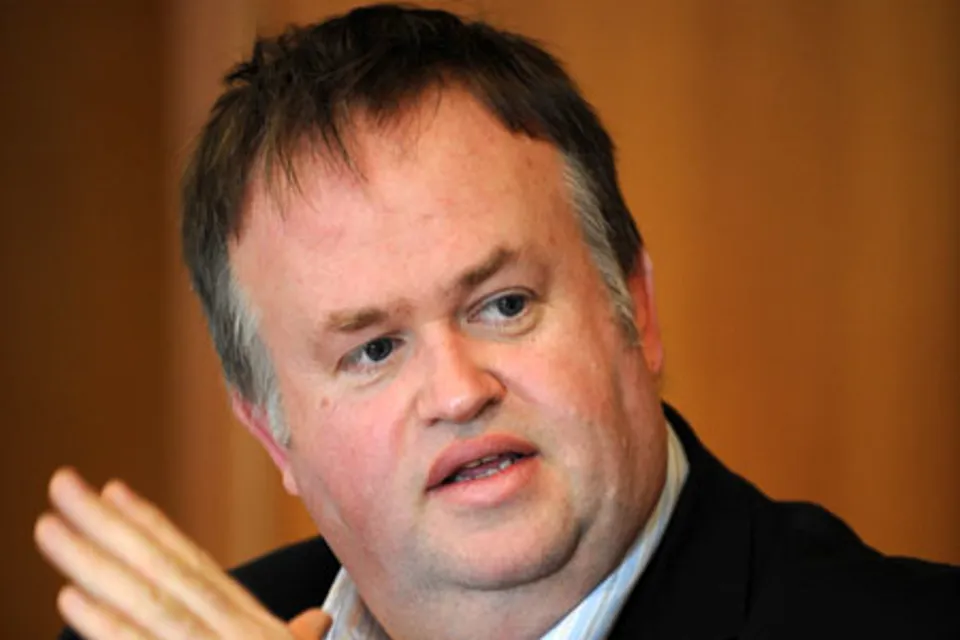“Having a smaller van means that the engineers have to work more efficiently,” says Landy.
“They can’t clutter the van up which keeps the weight of the vehicle down, which is another upside for fuel economy.”
Fuel economy has improved year-on-year since 2010 thanks largely to an incentive scheme (see section, below).
There is a green aspect to the driver training that new employees go through, as well as the refresher and post-incident training courses.
Speed limiters – set at 70mph – are fitted to all vans, but as Landy points out: “You’ve got to be careful because if you set the speed limit too low the engine could be in the wrong rev range. You need to make sure it’s set right for the gearing of that vehicle.”
Little can be done to reduce vehicle mileage though as it is already low – engineers are home-based and work in the surrounding area.
The next step for UTL is to achieve Van Excellence from the Freight Transport Association (FTA).
Sky is UTL’s only fleet-managed customer, although Landy doesn’t rule out taking on other fleets in the future.
“That could very well happen,” he says. “We have a model that works very well for Sky.”
Sky 'keeps engineers smiling'
Managing Sky’s 2,300-strong van fleet isn’t just about saving money.
A big part is engaging with the field teams and making sure the engineers are happy.
“It’s about keeping the engineers smiling so they deliver a good job for their customers,” says Landy.
There are a number of ways that UTL communicates with Sky engineers:
User forums
“We’re busy at the moment getting new vehicles delivered so there’s not much user group activity,” says Landy.
“But once we start to get through this batch of vehicles and a new idea comes in, that will start again.
"The drivers like the involvement because they can see that what they’re asking for is starting to appear on the vehicles.”
As a result of driver input Sky now has better racking layouts, sat-nav, air conditioning and Bluetooth on its vans.
“It’s about making that engineer’s life that bit easier so that when he arrives at a customer’s premises he’s in good shape to do the job,” says Landy.
‘Team Green’ incentive scheme
Each of Sky’s 170 field teams has a fuel economy target, which takes into account whether they work in urban or rural areas. If they meet this the team is given a monetary value which can be spent on a team activity of its choice.
The UTL fleet department works with the teams to help them achieve their target.
“Each member of the fleet team has a region which they support,” says Landy. “It means we’ve got a bit of competitive spirit in the office as well about getting the best fuel economy.”



















Login to comment
Comments
No comments have been made yet.